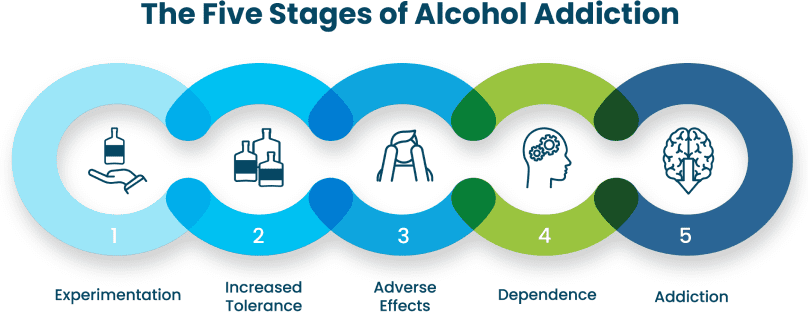
Alcoholism is a broad term for problems with alcohol, and is generally used to mean compulsive and uncontrolled consumption of alcoholic beverages, usually to the detriment of the drinker's health, personal relationships, and social standing. It is medically considered a disease, specifically a neurological disorder, and in medicine several other terms are used, specifically "alcohol abuse" and "alcohol dependence," which have more specific definitions. In 1979 an expert World Health Organization committee discouraged the use of "alcoholism" in medicine, preferring the category of "alcohol dependence syndrome". In the 19th and early 20th centuries, alcohol dependence in general was called dipsomania, but that term now has a much more specific meaning.People suffering from alcoholism are often called "alcoholics". Many other terms, some of them insulting or informal, have been used throughout history. The World Health Organization estimates that there are 140 million people with alcoholism worldwide.
Alcoholism is called a "dual disease" since it includes both mental and physical components. The biological mechanisms that cause alcoholism are not well understood. Social environment, stress, mental health, family history, age, ethnic group, and gender all influence the risk for the condition. Long-term alcohol abuse produces changes in the brain's structure and chemistry such as tolerance and physical dependence. These changes maintain the person with alcoholism's compulsive inability to stop drinking and result in alcohol withdrawal syndrome if the person stops. Alcohol damages almost every organ in the body, including the brain. The cumulative toxic effects of chronic alcohol abuse can cause both medical and psychiatric problems.
Identifying alcoholism is difficult because of the social stigma associated with the disease that causes people with alcoholism to avoid diagnosis and treatment for fear of shame or social consequences. The evaluation responses to a group of standardized questioning is a common method for diagnosing alcoholism. These can be used to identify harmful drinking patterns, including alcoholism. In general, problem drinking is considered alcoholism when the person continues to drink despite wanting to stop because of social or health problems caused by drinking